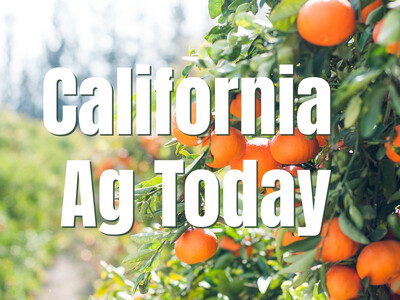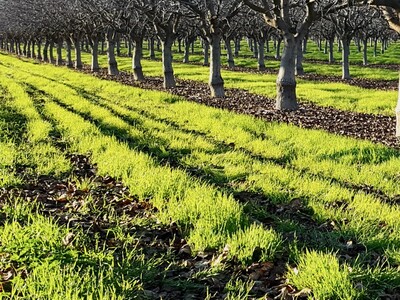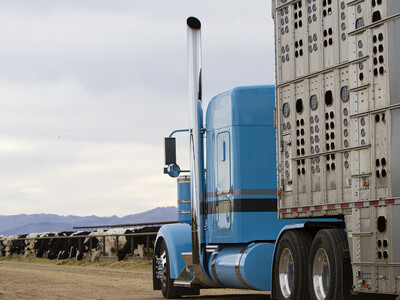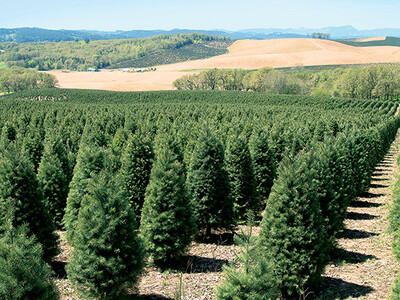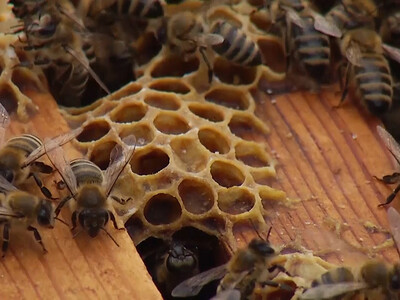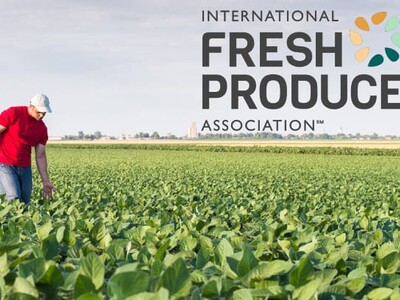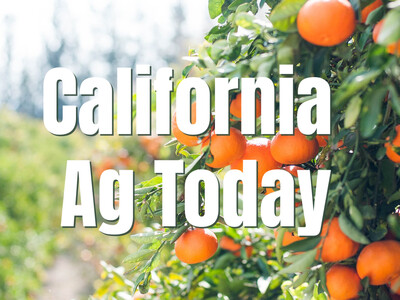Hemp is now legal in 46 States
Hemp is now legal in 46 StatesIt's now legal to grow, transport, and process industrial hemp in 46 states across the country, and more states could follow suit very soon.
The 2018 farm bill legalized the production of hemp as an agricultural commodity while removing it from the list of controlled substances (2018 Farm Bill Provides A Path Forward for Industrial Hemp). Industrial hemp is defined as Cannabis sativa L. and required to be below a THC threshold of 0.3%. Hemp production is legal in 46 states and the farm bill allows Idaho, Mississippi, New Hampshire and South Dakota to continue to ban production of the crop within their borders.
Ever since the 2018 farm bill was signed, farmers, regulators, stakeholders and law enforcement have been operating in a state of uncertainty as they waited for USDA to release this guidance. As is always the case in such circumstances, the rule doesn’t make everyone totally happy and there are still a few lingering questions. However, the department deserves significant credit for putting together a comprehensive set of regulations for a complicated issue in a relatively short period of time.
In order to produce hemp, a farmer must first be licensed or authorized under a state or tribal hemp program or through the USDA hemp program. If a state or Indian tribe desires to have primary regulatory authority over hemp production in their borders, they may submit a plan for monitoring and regulating hemp production to USDA. States that have already submitted a plan will be given the chance to reaffirm the plan they want USDA to evaluate, or to submit a new plan if desired. The rule also establishes a USDA plan to regulate hemp production in states or areas where hemp production has been legalized, but no approved state plan is in place. Farmers may not grow hemp in states that have not legalized its production within their borders. Once a license application has been approved, USDA will issue a license. License applications will not be approved until Nov. 30, and a farmer cannot receive a hemp production license from a state, tribe or USDA if he/she has been convicted of a felony related to a controlled substance in the last 10 years.





